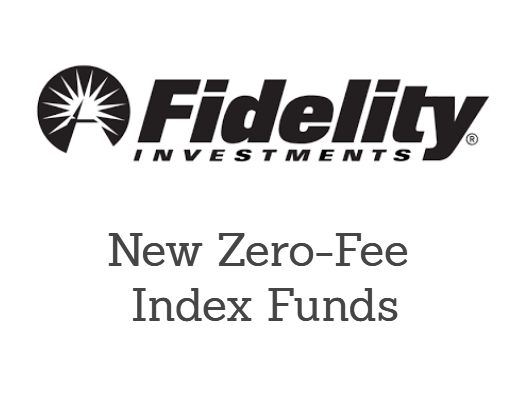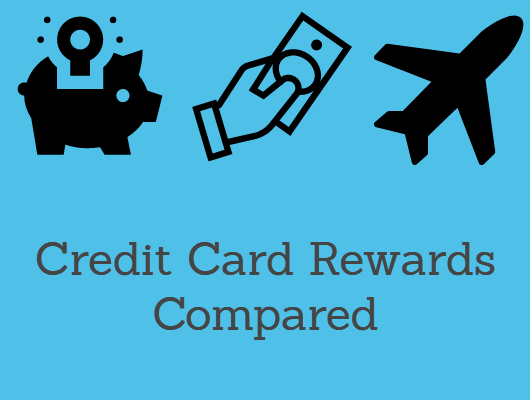After a long period of historically low interest rates across the board, the Fed has been steadily hiking interest rates in 2020 and beyond. In this rising rate environment, what makes for a better investment – savings bonds, or certificates of deposit? We’ll compare and contrast the two options in this bonds vs CDs comparison.

This article assumes that you already understand the key concepts of CDs and bonds, and how they differ. If you don’t, check out Investopedia’s articles on and . This guide will compare bond vs CD in performance and risk, particularly in a rising rate environment.
Bonds vs CDs: Yield & Performance
Comparing bonds and CDs is somewhat tricky, simply because there are so many different types of each monetary instrument. For the sake of comparison, we’ll choose some sample figures, using best-available CD rates and popular bond ETFs that hold a large bundle of individual bonds:
CDs:
12-month term – yields 2.30%
36-month term – yields 3.00%
*as of time of publication. Source: BankRate
Bonds:
Vanguard BSV Short-Term Bond ETF – SEC yield 2.78%
Vanguard BND Total Bond Market ETF – SEC yield 3.11%
* as of time of publication. Source: Vanguard
On the surface, looking at these numbers makes bonds look like a superior choice based on yields alone. However, it’s really not that simple – because bond funds have risk, while CDs have virtually no risk.
CD vs Bond: Risk & Volatility

Here’s an important fact to understand: bond funds (the most popular way for small investors to actually buy bonds), have NAV risk. Typically, when interest rates are on the rise, the price of bonds (and therefore bond funds) lowers.
For example, BND, Vanguard’s ubiquitous total bond market fund, was priced at $82.20 one year ago. Today, it trades at $78.94 – that’s a drop of $3.26 per share, or nearly 4%.
So, if you had purchased BND 1 year ago, you would have collected the fund’s dividend yield, but your shares in BND would be worth 4% less overall if you sold them today. This does not account for dividend reinvestment.
There’s also been plenty of volatility along the way, as you can see from the chart. Fixed-income investments like bonds and CDs are usually a way for investors to hedge against volatility and the risk of equities, but it’s important to note that bond funds also have volatility and risk.
On the other hand, had you bought a 12-month CD 1 year ago for, say $10,000, you would have just cashed it out for the full $10,000 – and you would have been collecting the 1%+ interest payments along the way.
These risks differ slightly with individual bond purchases, but the concept remains the same: as bond yields rise, bond prices fall. CDs, on the other hand, do not change in inherent value.
Bond vs CD: Liquidity
Another important consideration is liquidity.
This is one area where bond funds clearly triumph over CDs.
CDs are fixed-term instruments. If you buy a 12-month CD, you can’t get your money back before 12 months without paying a penalty. Early withdrawal penalties for CDs vary, but typically involve forfeiting interest for a 3+ month period. This notably lowers the overall yield of the instrument.
Bonds are also fixed-term instruments – but, they are easier to sell on secondary markets. Bond funds and ETFs are ultra-liquid, as they trade daily like any other stock or ETF. Individual bonds are a bit more of a hassle to sell, but still relatively liquid.
CDs vs Bonds: Tax Considerations
It’s also important to consider the tax implications of these two investments.
Generally speaking, CD interest income is taxed as normal income. It is possible to keep CDs inside of an IRA or other tax-advantaged account, but most CD holders do not do this.
Bonds, and more specifically bond funds, are easier to keep in tax-advantaged accounts. With that said, bond funds may also be subject to capital gains taxes, depending on the funds’ buying and selling activity. Read more about how bond income is taxed here.
Please note that we are not tax professionals. You should speak with your accountant if you have questions or concerns.
Bonds vs CDs: Bottom Line
So, what’s a better investment – bonds or CDs?
There’s no easy answer, unfortunately. It really depends on the rate environment, your risk tolerance, and your goal for owning these instruments.
Bonds offer better liquidity, (historically) better performance, and a wider variety of investment options. But, they are also more volatile, have principle risk, and often perform poorly in a rising interest rate environment.
CDs offer guaranteed principle return (FDIC insured), no volatility, and guaranteed income with a clearly defined investment term. However, they also have underperformed bonds historically, and may have more tax implications depending on where they are held.
Final Thoughts
The choice between certificate of deposits and savings bonds is highly individual and depends on a variety of factors.
However, consider this: it doesn’t have to be all-or-none. You can easily hold a mix of individual bonds, bond ETFs, and CDs. You can also experiment with CD ladders, which may be beneficial in a rising rate environment.
What do YOU prefer to hold – bonds, or certificates of deposits – or both? Let us know in the comments!


